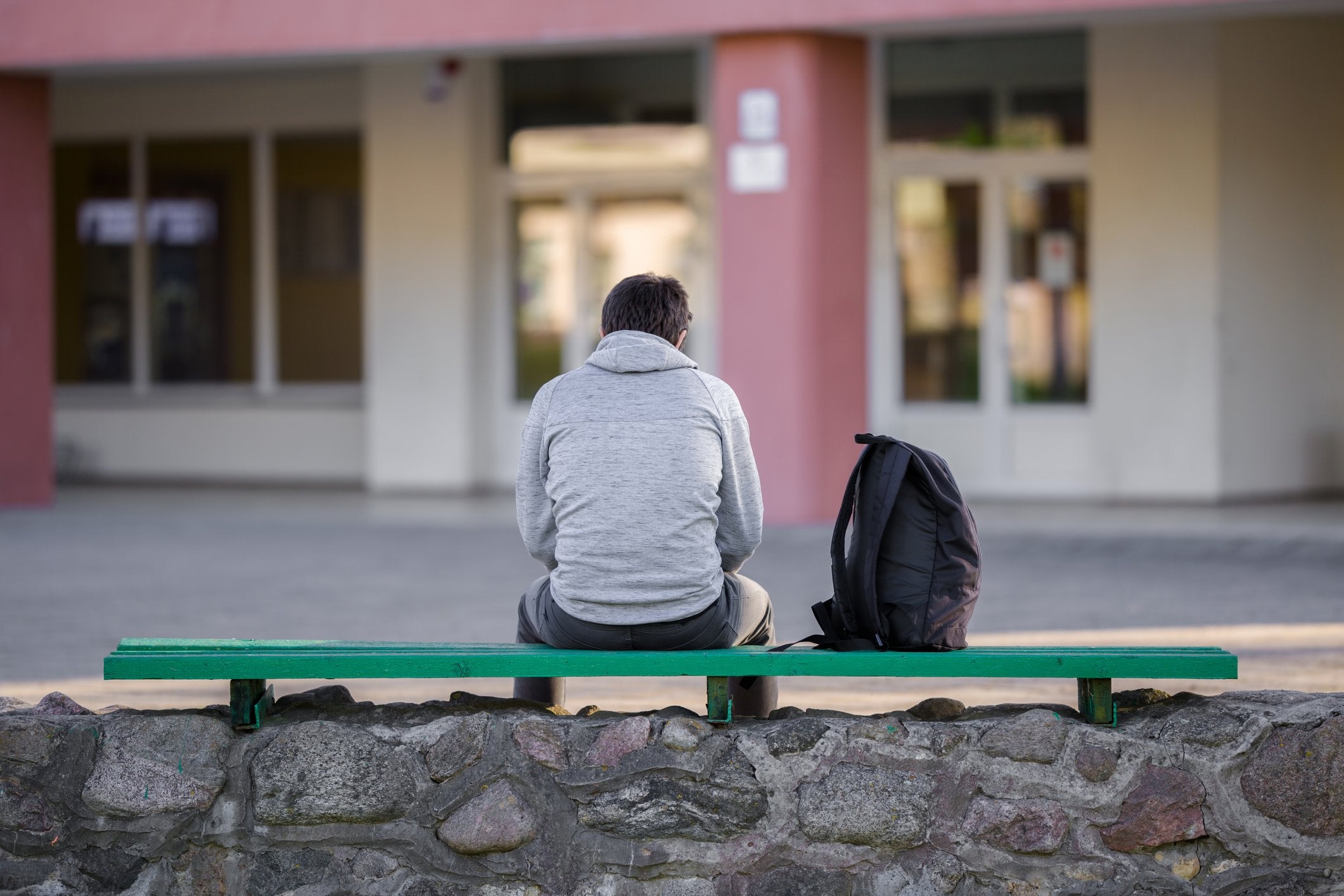The SARS-CoV-2 pandemic has had a measurable, negative impact on the mental health of high school students according to data in a study by the Centers for Disease Control and Prevention.
The data, collected in 2021, found 37% of high school students reported they experienced poor mental health and 44% reported feeling persistently sad or hopeless.
Students also provided details about some of the most severe challenges they have faced, with 55% reporting emotional abuse, such as being insulted or being sworn by a parent or other adult in the home. Eleven percent reported physical abuse including beatings and being kicked.
“These data echo a cry for help,” said CDC Acting Principal Deputy Director Dr. Debra Houry. “The COVID-19 pandemic has created traumatic stressors that have the potential to further erode students’ mental wellbeing. Our research shows that surrounding youth with the proper support can reverse these trends and help our youth now and in the future.”
In the early months of the pandemic, healthcare experts and educators were concerned about students for whom the schools were a safe haven.
Dr. Dale Peebles, who specializes in pediatric psychiatry at Augusta University Health, said schools provide a safety net.
“Having adults in a child’s life that are, you know, dependable, that are predictable in terms of their interactions. And then you compound that with the stress of the pandemic,” he said, adding, “Parents are having to manage financial obstacles, they’re dealing with the anxiety of being at work and not knowing if they’re going to be exposed to COVID or not. So, you know, parents’ anxiety and depression get worse.”
The CDC study also found lesbian, gay and bisexual youth, female youth and people of color reported higher levels of poor mental health and emotional abuse by a parent or caregiver. They also had a higher rate of attempted suicide than their counterparts.
“Our new findings reinforce an evidence-based path forward. CDC’s “What Works in Schools” program incorporates specific strategies that schools can use to help all students feel safer and more supported,” said Kathleen Ethier, director of CDC’s Division of Adolescent and School Health. “Improving the health and wellbeing of LGBTQ students is an essential component of that work. School policies and practices designed to support LGBTQ youth lead to improvements in mental health and suicide related behaviors. When schools are less toxic for youth at increased risk for severe outcomes, schools are less toxic for everyone.”
The CDC data bear out the importance schools can play in a student’s overall mental health.
Students with a sense of “school connectedness”, that is feeling supported, cared for and belonging at school, were significantly less likely (35% vs. 53%) to have persistent feelings of sadness and hopelessness. They were also less likely (14% vs. 26%) to consider attempting suicide.
“School connectedness is a key to addressing youth adversities at all times – especially during times of severe disruptions,” Ethier said. “Students need our support now more than ever, whether by making sure that their schools are inclusive and safe or by providing opportunities to engage in their communities and be mentored by supportive adults.”
Peebles said everyone can look for ways to help students participate in structured activities with adult oversight.
“If you’re doing any volunteer work in the community or active with a church or religious organization that sponsors youth groups, that sort of thing,” he said. “Boys and Girls Club, anything that you could do to kind of support youth sports, structured youth activities those tend to be positive. They get kids plugged into those activities and they’re likely less likely to get involved with alcohol or drugs as a coping mechanism.”
He added that, while teens tend to withdraw a bit from their parents, it is important adults keep lines of communication open and let the teens know they are always available to listen.
Dana Lynn McIntyre is a general assignment reporter for The Augusta Press. Reach her at dana@theaugustapress.com










